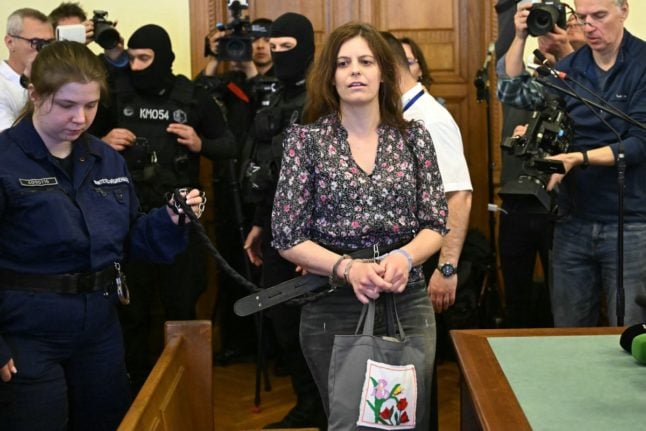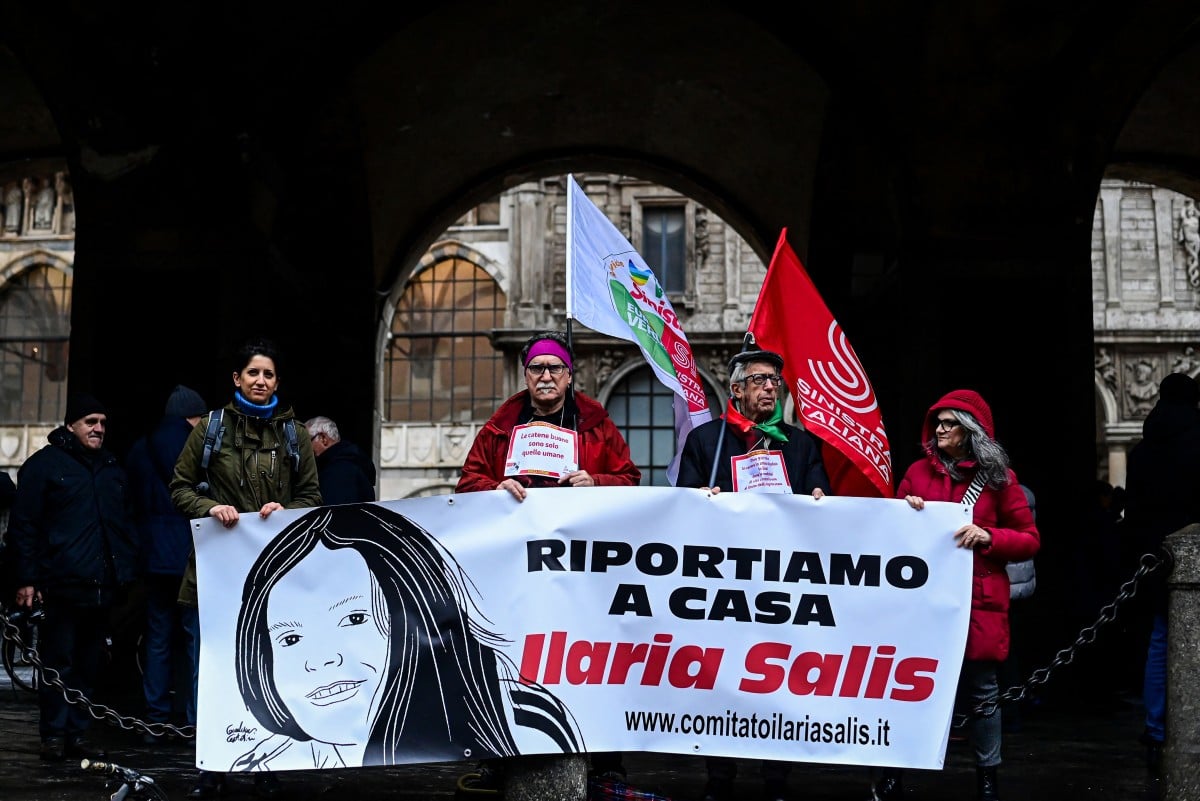Filippo Turetta, 22, a university student from Padua, was found on Sunday driving in his car near Leipzig, Germany following a week-long manhunt by Italian authorities, news reports said.
Turetta and his former girlfriend and fellow student, Giulia Cecchettin, went missing last weekend, but on Saturday, her body was found in a gully near
Lake Barcis, about 120 kilometres north of Venice, her head and neck covered with stab wounds.
The suspect “will be back in Italy within 48 hours to answer for his actions”, Italy’s Foreign Minister Antonio Tajani said.
Police got a lead earlier this week after video cameras near Cecchettin’s home captured images of Turetta attacking Cecchettin on November 11, before fleeing with her in his car.
The president of the Veneto region, Luca Zaia, confirmed the arrest, and said a day of mourning would be set for the day of Cecchettin’s funeral.
Cecchettin had been due to graduate last week.
“I think that on the day of the funeral it is right that in schools we talk about femicides,” Zaia told Rainews24, while acknowledging that education was “not enough” to stamp out feminicide.
“We really need to start teaching our young people, from early childhood, to respect women, their sisters, mothers and schoolmates, because that’s how we’ll change things,” Tajani said.
As of November 12, there were 102 homicides with female victims in Italy, 82 of whom were killed by family members or current or former partners, according to the interior ministry.
Turetta was arrested by German police late Saturday after his car ran out of petrol and he parked with his lights off on the emergency lane of a motorway near Leipzig.




 Please whitelist us to continue reading.
Please whitelist us to continue reading.
Member comments